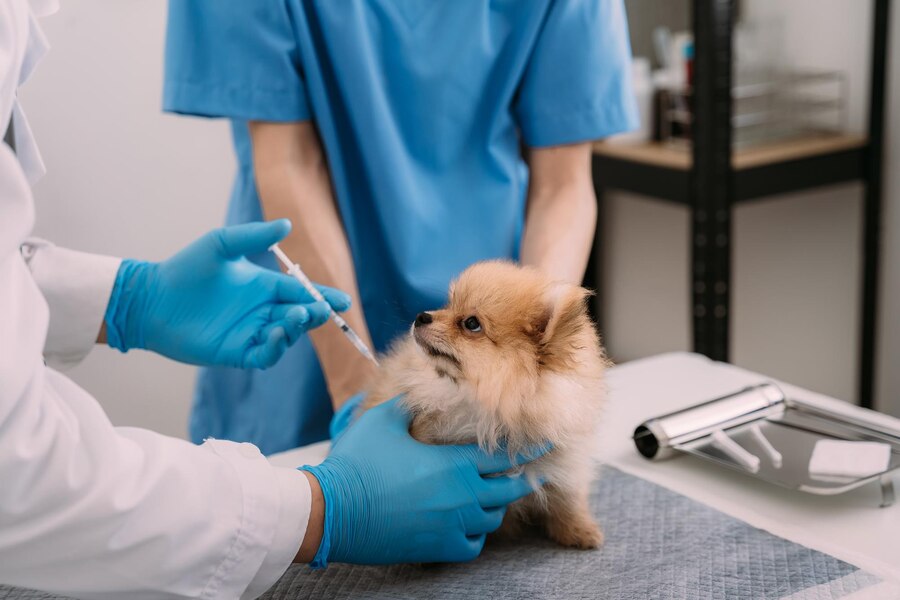Busting the Myths: Debunking Pet Vaccination Misconceptions | St. Charles Veterinary Hospital

Busting the Myths: Debunking Pet Vaccination Misconceptions | St. Charles Veterinary Hospital
Pet vaccinations are a cornerstone of preventive healthcare, yet misinformation and myths about vaccines abound. At St. Charles Veterinary Hospital, we're dedicated to providing pet owners with accurate information to ensure the health and well-being of their furry friends. Let's debunk some common myths surrounding pet vaccinations:
Myth 1: Vaccines Cause Autism in Pets
This myth has been thoroughly debunked by scientific research. There is no evidence to suggest that vaccines cause autism in pets. Vaccines are rigorously tested for safety and efficacy before they are approved for use in animals.
Myth 2: Natural Immunity is Sufficient
While some pet owners believe that natural immunity acquired through exposure to disease is preferable to vaccinations, this is not always the case. Natural immunity can be unreliable and may not provide adequate protection against serious diseases. Vaccines stimulate the immune system to produce antibodies without causing illness, providing a safer and more reliable form of protection.
Myth 3: Vaccines Are Harmful
Vaccines are designed to stimulate the immune system to recognize and fight off specific diseases. While some pets may experience mild side effects, such as soreness at the injection site or mild fever, serious adverse reactions are rare. The benefits of vaccination far outweigh the risks, as they help prevent potentially life-threatening diseases.
Myth 4: Vaccines Are Only Necessary for Puppies and Kittens
Vaccinations are important throughout your pet's life to maintain immunity against infectious diseases. While puppies and kittens receive a series of vaccinations to build immunity during their first year, booster shots are needed to maintain protection as they grow older. Additionally, some vaccines, such as rabies, are required by law for all pets.
Myth 5: Vaccines Can Overload the Immune System
The immune system of pets is capable of responding to numerous vaccines simultaneously without becoming overwhelmed. Vaccines contain only a small amount of antigen, which is not sufficient to overload the immune system. The risk of disease far outweighs any potential risk of vaccine overload.
As responsible pet owners, it's essential to separate fact from fiction when it comes to pet vaccinations. Vaccines play a crucial role in protecting our pets from serious and potentially life-threatening diseases. If you have any questions or concerns about vaccinations for your furry companion, don't hesitate to contact St. Charles Veterinary Hospital at (863) 438-6600 or visit us at 2360 North Blvd West,Davenport, FL 33837. Our team of experts is here to provide guidance and support to keep your pet healthy and happy.
At St. Charles Veterinary Hospital, we're committed to providing compassionate care and accurate information to pet owners across the United States. Stay tuned to our blog for more informative articles and helpful tips on keeping your pets thriving.


















